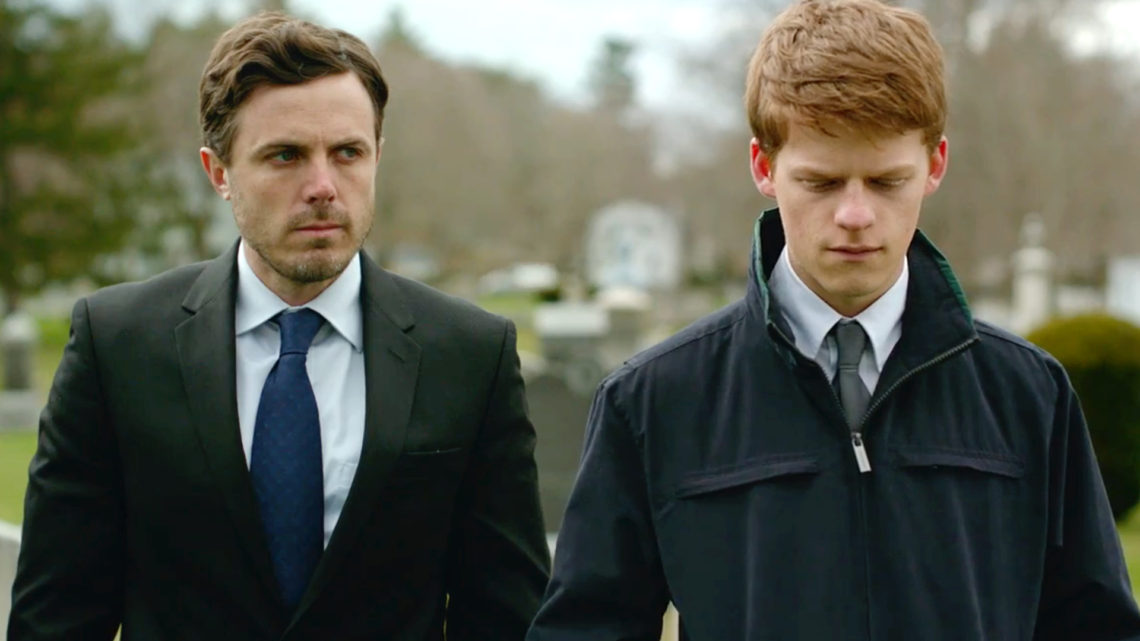2016 was a landmark year for cinema, because it was truly the worst year ever. That’s what a lot of people on the Internet said: it was the year movies stopped mattering, it was the worst year for summer movies, and it was the worst year—period–for movies. (That last link is particularly bold, its claim being made in February of 2016.) Of course, now that the year is finally, mercifully wrapping up and 2017 is shortly upon us, it’s just as easy to argue that 2016 was one of the best years for movies since the medium began over 100 years ago. Yes, this was the year of Suicide Squad, Trolls, and Independence Day: Resurgence, but it was also the year of Moonlight, Kubo and the Two Strings, Fences, and more. All week long at Movie Mezzanine, our writers and editors have been bidding a fond farewell of the year of film that was 2016. On Monday and Tuesday, we had superlative categories aplenty in which to award various films, filmmakers, and more, as well as our writers’ picks for the best discoveries of older films that they made in 2016. Yesterday, we began counting down our choices of the 25 best films of 2016, based on ballots from our writers and editors. Today, we’re finishing it up with our picks for the top ten films of the year. Let’s get to it.
10) Happy Hour
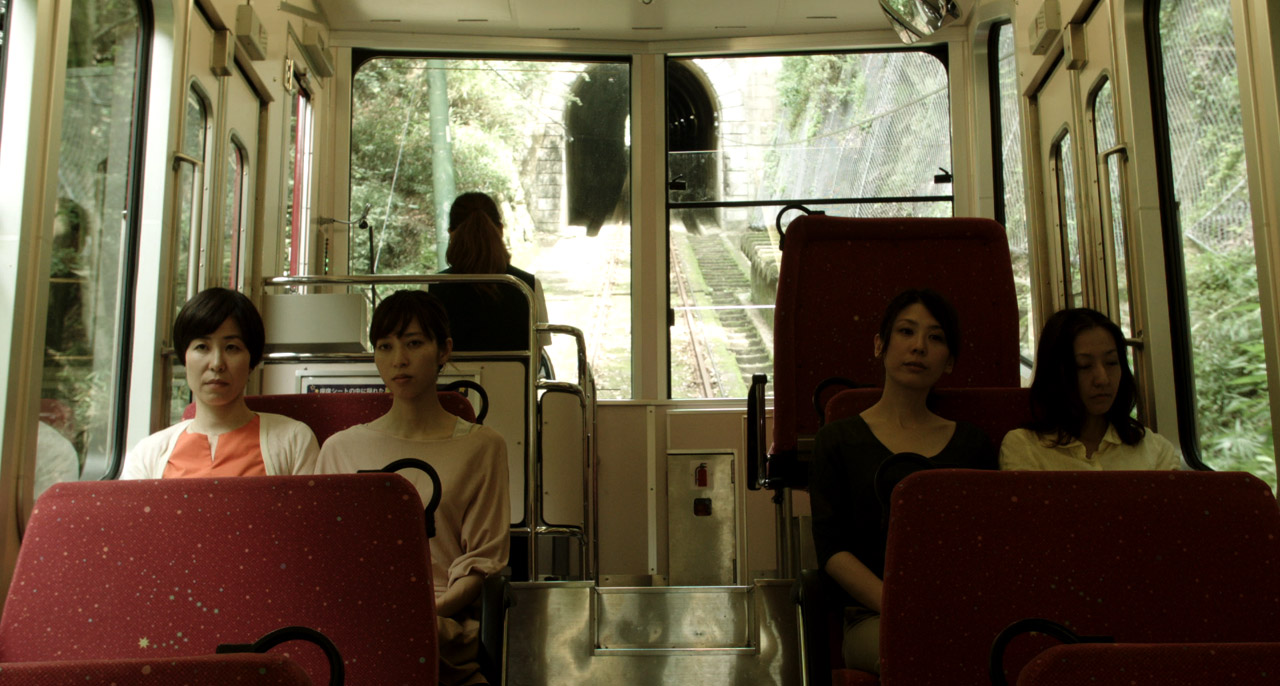
No doubt, the big question mark for many people approaching Ryusuke Hamaguchi’s film is its length: Five hours and 17 minutes? Really? For a largely quiet and intimate study of four women dealing with troublesome interpersonal relationships with the men in their lives and with each other? But this film dares to take its time, observing the rhythms and between-the-lines inflections of its characters, examining them as they negotiate public personas and private anguish, remaining open to the different sides they might reveal to us at random moments. That’s not to say Happy Hour is merely an actors’ showcase. Hamaguchi’s artistry may be subtle, but it’s unmistakable in his expressive compositional choices (with some of his uses of Ozu-like pillow shots especially disarming in the honesty they imply) and overall use of duration to invite us into his characters’ emotional spheres while allowing us to contemplate them from a distance. Ultimately, it’s the human stories that resonate the most, as these four women all stumble toward realizing their own happiness while trying to hold onto the bonds that matter most to them. Happy Hour is the best kind of intimate epic: a film that seemingly encompasses the whole world within a relatively small universe. — Kenji Fujishima
9) The Handmaiden
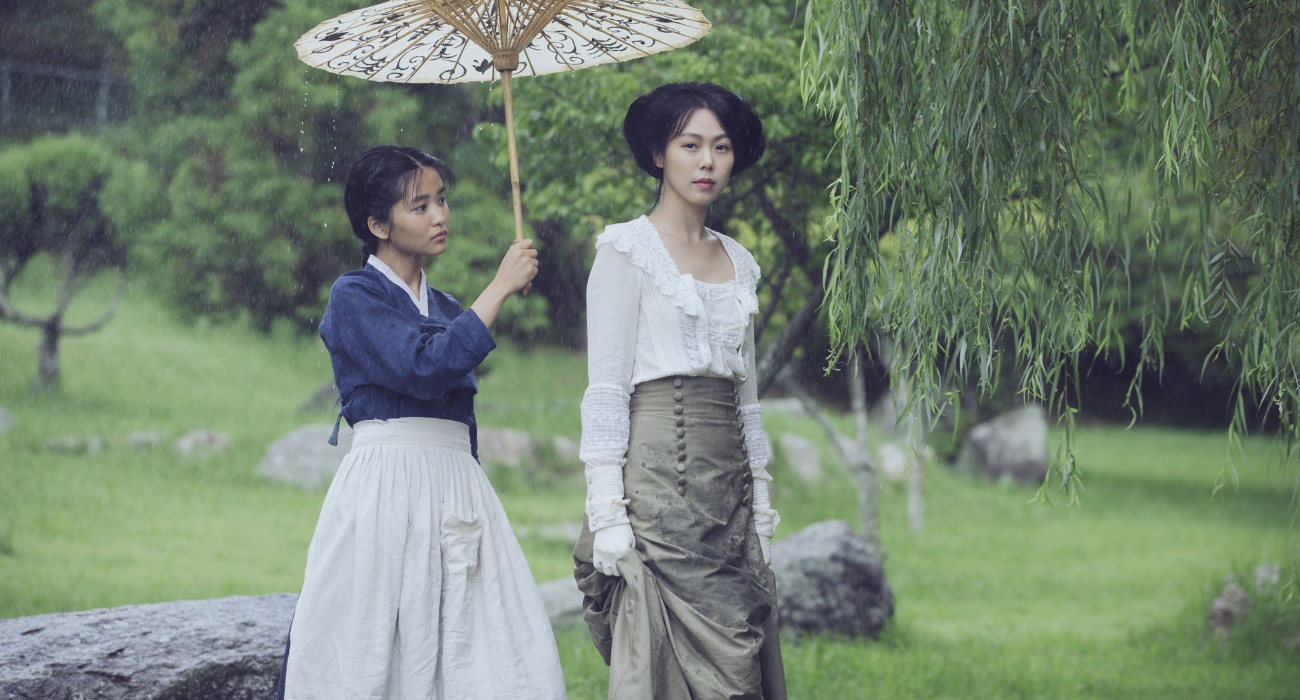
There are some films you’re almost afraid to watch more than once because the experience of watching it the first time can never be as good. The Handmaiden is one of these. Park Chan-wook has imbued his latest film with rich, sumptuous detail and a story that twines around itself in a Gordian knot of wholly unexpected shocks and revelations. Some of it is funny, some is silly, some is gorgeous beyond words, but all of it is immensely entertaining in the best way. It’s the kind of movie that shouldn’t be watched alone — but, you know, let your friends know what they’re in for first. Park Chan-wook’s deliciously mobile camera sweeps you up into what becomes a whirlwind of a film that won’t let you relax until the very last moment.
It’s also one of the most fun movies about female sexuality and the strength women find amongst other women. The romance is never treated in a certain way because these are two girls falling in love. The film weaves a crime caper into a love story into a coming-of-age narrative into an allegory for Korea’s historical relationship with Japan that’s a wickedly scandalous delight the first time around, and naturally holds the very same appeal the second time you watch, and the third, and the fourth, and the fifth…. — Emma Stefansky
8) OJ: Made in America
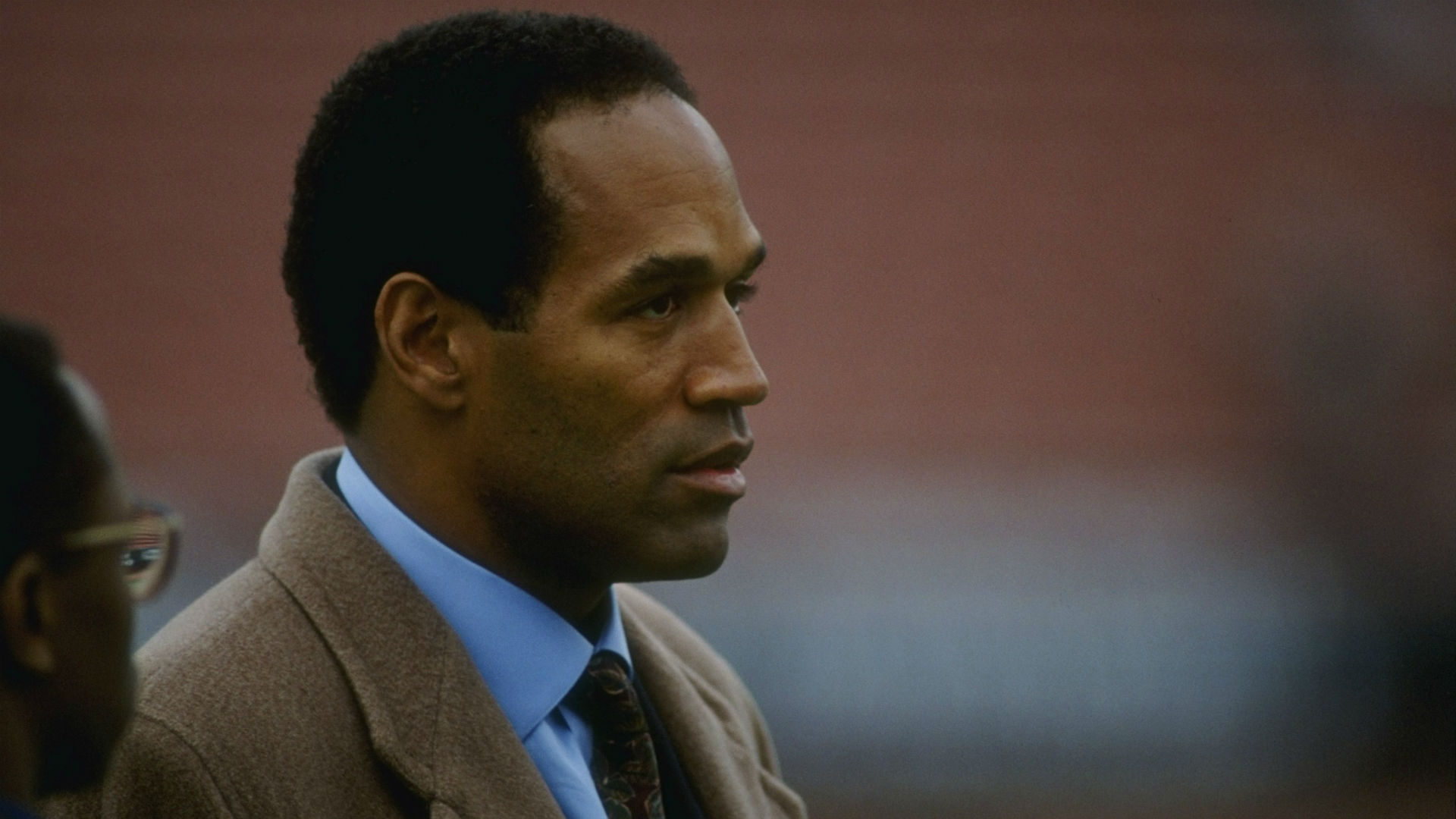
Ezra Edelman’s five-part documentary film O.J.: Made in America explores two parallel historical narratives: 1) The story of post-Watts race relations in Los Angeles, specifically the tensions between the LAPD and the black community; and 2) the story of a preternaturally talented black athlete who sought to shed his racial identity to achieve “white” success, only for him to reclaim it at a crucial moment. The film’s power lies in watching those two narratives slowly intersect and explode into a hundred different directions.
Using archival footage and anecdotal evidence, Edelman constructs a complex portrait of race and celebrity in the tail end of 20th-century America, one that doesn’t provide answers but gives voice to a chorus of diverse opinions. The film’s meticulous distribution of information coupled with the panoramic editing strategy creates an immersion effect on its audience. It’s borderline necessary to marinate in every minor detail for its 450-minute running time to best understand the man at the film’s center and the culture that bore him. More than that, it gets to the heart of national divisions through understanding different perspectives, refusing to demonize or validate any of them instead allowing the audience to make their own assumptions. Made in America explores the ugly contradictions in the heart of the American character through the rise and fall of a cultural hero, but goes far beyond the trappings of a single man. — Vikram Murthi
7) Toni Erdmann
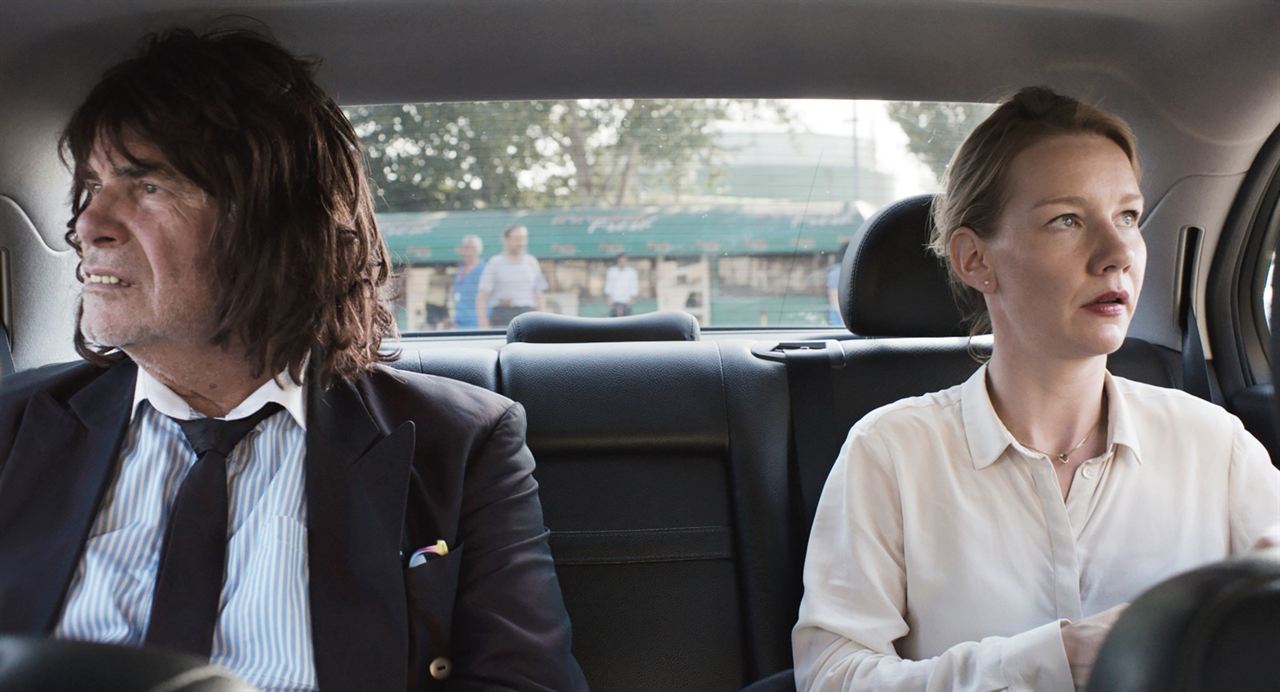
“You have to do this or that, but meanwhile life is passing you by,” says aging German schoolteacher Winfried (Peter Simonischek) to his corporate, career-focused daughter Ines (Sandra Hüller) late in Maren Ade’s Toni Erdmann. On some level, it’s a facile bromide spouted by everyone from John Lennon to Ferris Bueller, but after almost three hours spent in the company of these characters, Ade elevates it to tragic proportions, rendering it an inevitable outcome rather than a precautionary warning. That doesn’t stop Winfried from trying his damndest to “save” Ines’ soul with his fun, but wearying pranks, jokes, and personas, mostly notably Toni Erdmann, a colorful “life coach” with oversized fake teeth. Winfried dons the Erdmann mask to illustrate the superficiality of her lifestyle only for Ines to push back just as hard, demonstrating the utter limitations of his naïve worldview. Ade sympathizes with Winfried’s hippie-lite and Ines’ ladder-climbing perspectives, capturing the nuances and the contradictions in both, but most importantly, she never pits them against each other to reach a predetermined outcome. As a result, the dynamic between the two of them feels alive and unpredictable, aided by Simonischek and Hüller’s tense, yet intimate chemistry. Through a premise that’s straight out of The Simpsons‘ playbook, Toni Erdmann explores the malleability of happiness in the face of a globalized world, and the importance of never losing the humor amidst the drudgery. — Vikram Murthi
6) Elle
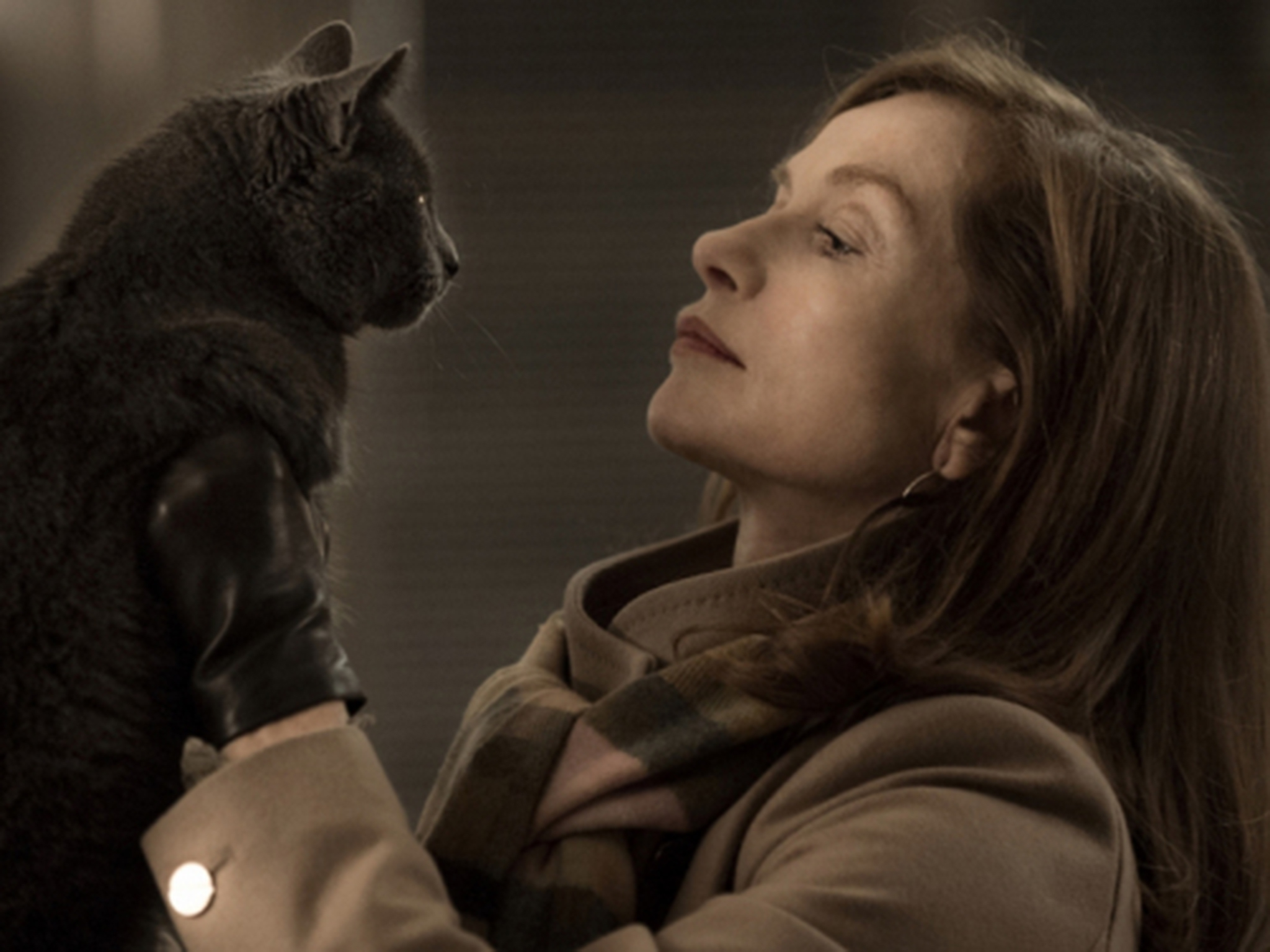
For a film that starts out with a brutal rape and eventually works its way toward the rape victim temporarily entering a strange sadomasochistic relationship with her rapist, Elle has strangely not inspired the kind of firestorm of controversy that greeted many of Paul Verhoeven’s 1980s and ’90s Hollywood films. Maybe that’s a tribute to the “prestige” arthouse style he has adopted for this film, a far cry from the unabashed, vigorous trashiness of something like Basic Instinct and Showgirls. Or maybe it’s a measure of just how much of an unofficial co-auteur its star, Isabelle Huppert, is: Michèle Leblanc is the kind of chilly, prickly, and elusive personality she has essayed before in films with Michael Haneke, Claire Denis, and Catherine Breillat, and Elle offers yet another remarkable demonstration of her brilliance at playing such characters with both imaginative empathy and a refusal to soften any sharp edges. Elle may leave you feeling conflicted or even angry about what it shows—proof that Verhoeven, even working in this restrained stylistic register, has not lost his capacity to shock—but there’s no doubt at all about Huppert, whose extraordinarily detailed character portrait makes this difficult to dismiss as just a provocation. — Kenji Fujishima

















